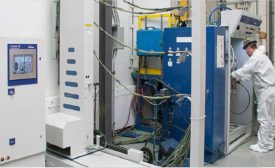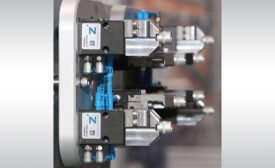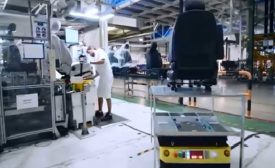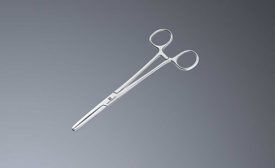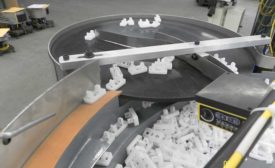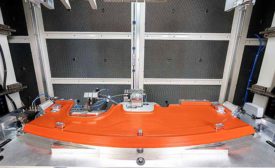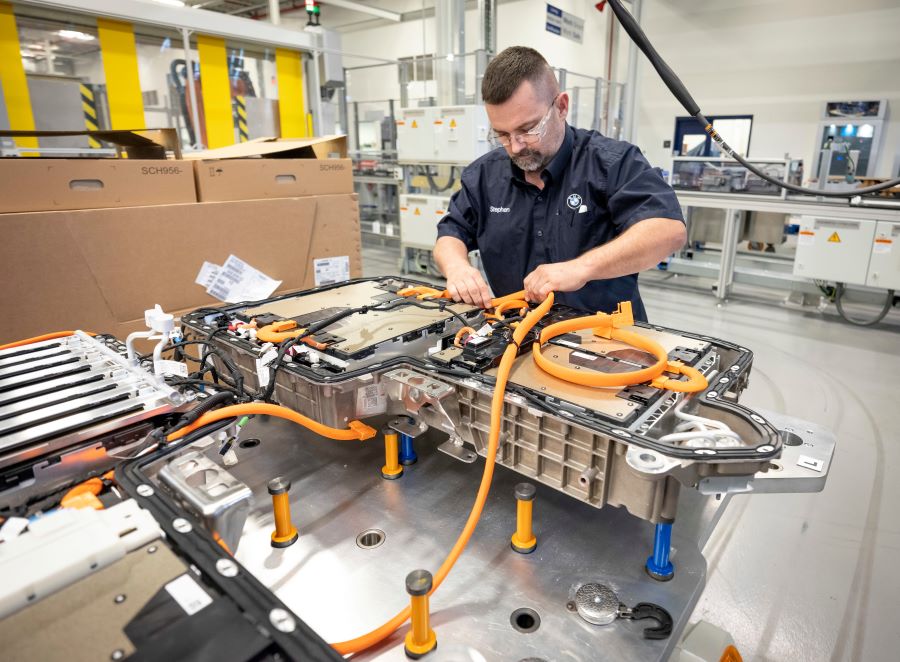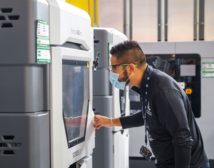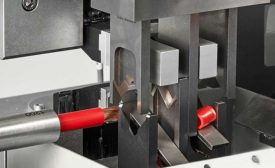Industries
Vibration Welding Adapts to Shifting Demands
Additive manufacturing, electric vehicles and packaging are new applications for vibration welders.
February 8, 2021
What’s New With Cut, Strip and Crimp Machines
These fully automated machines simultaneously process the ends of one or more different wires to optimize productivity
January 13, 2021
Never miss the latest news and trends driving the manufacturing industry
Stay in the know on the latest assembly trends.
JOIN TODAY!Copyright ©2024. All Rights Reserved BNP Media.
Design, CMS, Hosting & Web Development :: ePublishing
